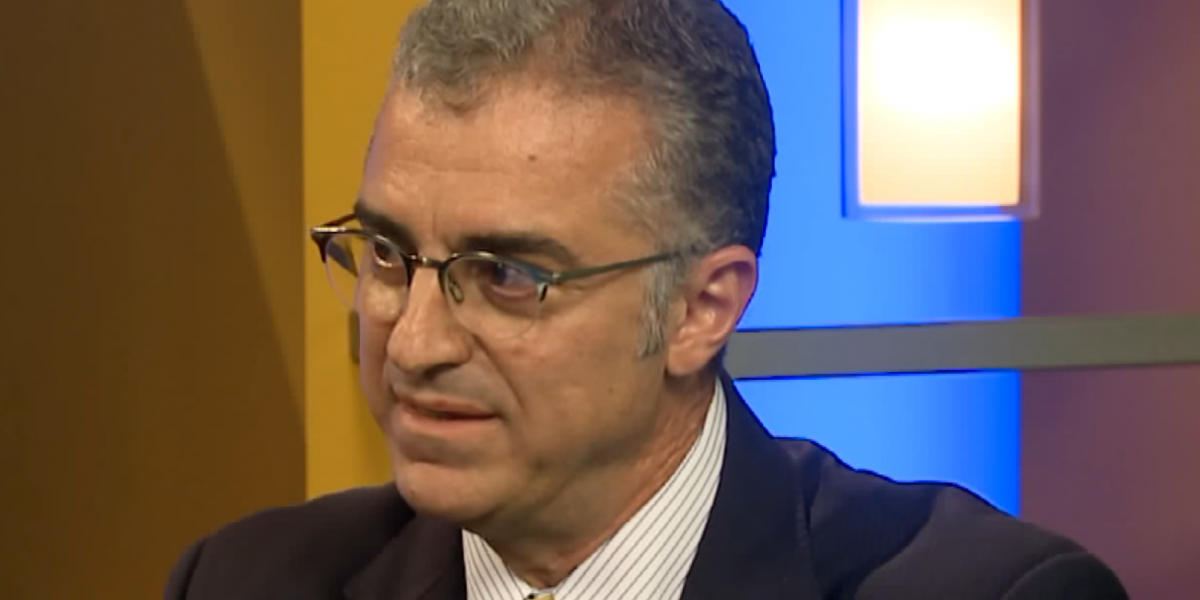Earlier this month, after UK power generator The Drax Company made a major announcement at the UN Climate Change Conference (COP25) that it was aiming to become the first carbon negative company in the world through sustainable bioenergy and carbon capture technology, the nonprofit environmental website Mongabay published a story that blurred the line between journalism and opinion.
This was no surprise to anyone who’s been reading the work of its author, Wake Forest University journalism professor Justin Catanoso, who has a long history of biased articles against the wood bioenergy industry.
His latest piece, “COP25: Wood pellet CEO claims biomass carbon neutrality, despite science,” is presented as a factual reporting of the events. Yet even a basic review of the story shows a biased, one-sided report that fails to present both sides of the debate or even seek comment from pro-bioenergy stakeholders.
A balanced article would have included that over 100 university scientists, climate scientists with the United Nations IPCC, and the International Energy Agency have repeatedly reaffirmed the environmental benefits of wood bioenergy, which grows forests, expands the carbon sink and is a sustainable, low-carbon source of renewable energy. Catanoso included none of these important facts.
A fair reading of Catanoso’s work shows him to be more of an activist than an unbiased journalist seeking the facts. On his own personal blog, Catanoso has called wood bioenergy “one of the most disturbing stories I’ve covered in recent years.” He’s made hyperbolic claims about renewable wood energy, saying it could “destabilize the global climate,” and called it a “ticking time bomb.”
In a piece published in Mongabay in June, he referred to the wood bioenergy as a “scam” and warned, “Nature will not be fooled by the cooked books.”
These are not the writings of an unbiased, objective journalist. Mongabay’s presentation of Catanoso as a journalist reporting on the facts is seriously misleading.

